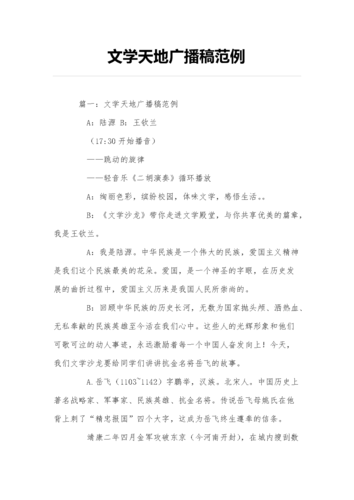英语和英语语言文学一样吗
Exploring English Language and Literature: A Comprehensive Guide
English language and literature encompass a vast and intricate realm, rich with history, culture, and artistic expression. From the origins of the language itself to the nuanced analysis of literary works, this field offers a multifaceted journey of exploration and understanding. In this guide, we will delve into key aspects of English language and literature, providing insights, guidance, and recommendations for both scholars and enthusiasts.
1. The Evolution of English Language:
English, as we know it today, has undergone a remarkable evolution spanning over centuries. It originated from the Germanic languages spoken by AngloSaxon settlers in England during the early Middle Ages. Over time, it assimilated vocabulary and linguistic elements from various sources, including Latin, French, and Norse, due to historical events such as the Norman Conquest and the Renaissance.
Understanding the historical development of English is crucial for grasping its complexities and variations. From Old English with its characteristic inflections and runeinscribed manuscripts to Middle English marked by the influence of Norman French and exemplified in Chaucer's "The Canterbury Tales," tracing the linguistic journey provides valuable insights into the language's structure and usage.
2. Literary Movements and Periods:
English literature is a tapestry woven with diverse literary movements and periods, each reflecting the societal, cultural, and intellectual milieu of its time. From the Elizabethan era's flourishing of drama with Shakespearean masterpieces to the Romantic period's celebration of individualism and nature, the landscape of English literature is rich and varied.
Studying literary movements offers not only a chronological understanding of literature but also insights into recurring themes, styles, and ideologies. Whether exploring the realism of the Victorian novel or the experimentation of modernist poetry, delving into different periods fosters a deeper appreciation for the breadth and depth of literary expression.
3. Analysis and Interpretation:
Analyzing literary works is a fundamental aspect of studying English literature, requiring a keen eye for detail and a nuanced understanding of textual elements. From close reading and textual analysis to exploring themes, symbols, and literary devices, interpretation invites readers to engage critically with the text and uncover layers of meaning.
Literary theory and criticism provide valuable frameworks for approaching texts from various perspectives, whether through the lens of feminism, postcolonialism, psychoanalysis, or structuralism. These critical tools not only enrich interpretation but also foster dialogue and debate within the academic community.
4. Research and Scholarship:
Engaging in research and scholarship is essential for advancing knowledge within the field of English language and literature. Whether conducting original research, writing scholarly articles, or contributing to academic discourse through conferences and publications, scholars play a vital role in shaping the trajectory of the discipline.
Interdisciplinary approaches, such as comparative literature, cultural studies, and digital humanities, offer exciting avenues for exploration and collaboration. Embracing new methodologies and technologies expands the horizons of research and opens up possibilities for innovative scholarship.
5. Professional Development and Career Paths:
English language and literature offer a diverse range of career paths and opportunities beyond academia. Graduates with expertise in English find employment in fields such as publishing, journalism, editing, content creation, marketing, and education.
Developing transferable skills such as critical thinking, communication, and research equips individuals for success in various professions. Networking, gaining practical experience through internships or freelance work, and pursuing further education or specialized training can further enhance career prospects.
In conclusion, English language and literature provide a rich tapestry of exploration, scholarship, and creativity. By delving into its historical evolution, literary movements, analytical approaches, research methodologies, and career pathways, individuals can embark on a rewarding journey of discovery and professional growth within this dynamic field.
References:
Abrams, M. H., & Harpham, G. G. (Eds.). (2014). *A Glossary of Literary Terms.* Cengage Learning.
Eagleton, T. (2008). *Literary Theory: An Introduction.* Blackwell Publishing.
Greenblatt, S., et al. (Eds.). (2012). *The Norton Anthology of English Literature.* W. W. Norton & Company.
Leitch, V. B., et al. (Eds.). (2010). *The Norton Anthology of Theory and Criticism.* W. W. Norton & Company.

Modern Language Association. (2016). *MLA Handbook.* Modern Language Association.








